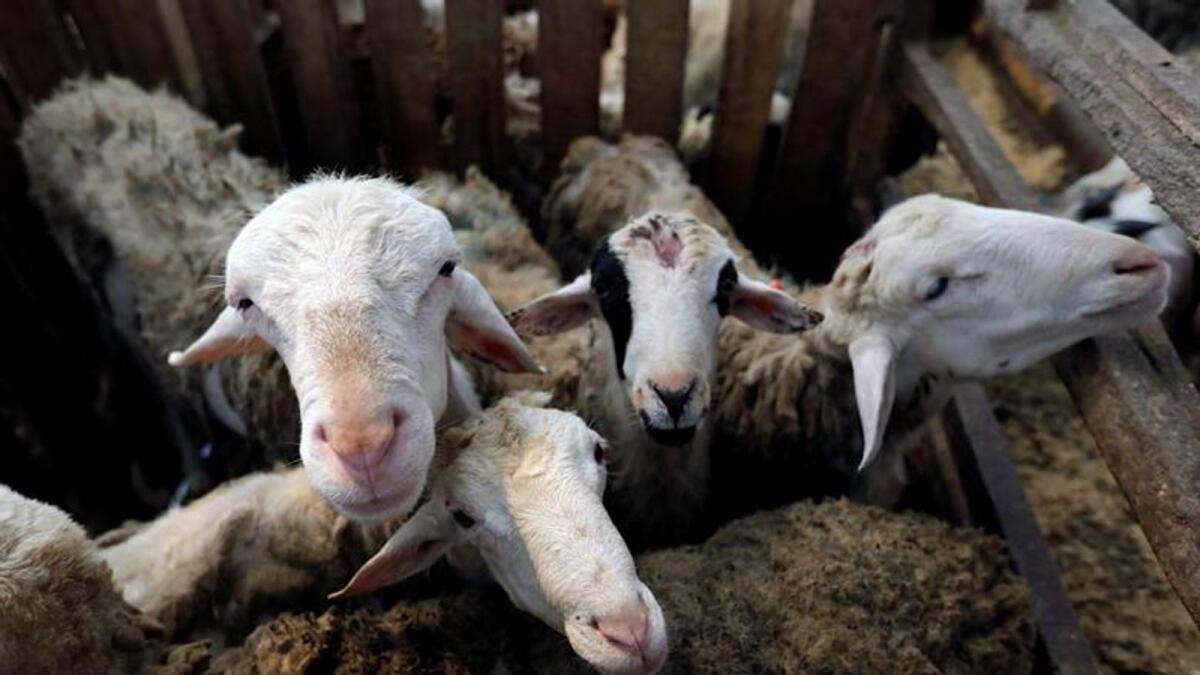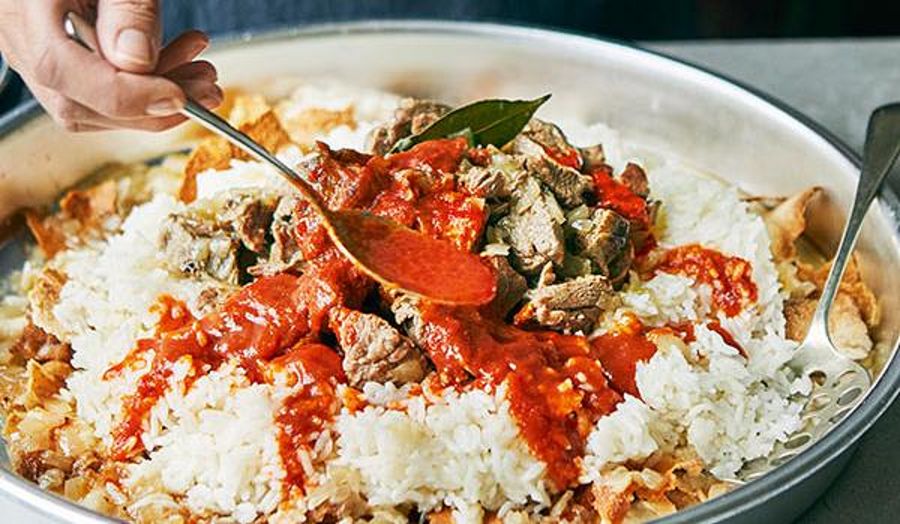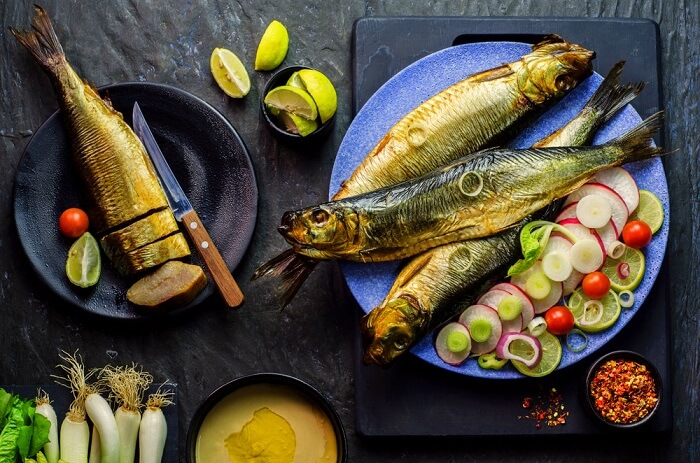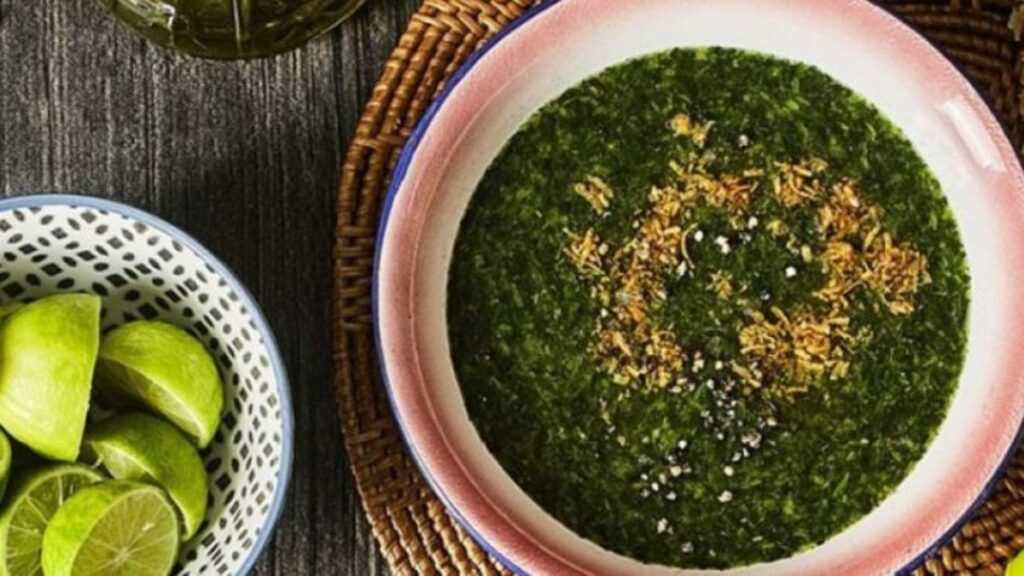Food holds a central place in Egyptian celebrations and serves as a vital expression of culture, tradition, and religious observance.
Each occasion, whether it is the joyous feasts of Eid al-Fitr and Eid al-Adha or the festive meals of Coptic Christmas, is characterized by distinct culinary practices that mark the significance of the event.
Eid al-Fitr is celebrated at the end of Ramadan and is a time of gratitude and communal gathering. The day often begins with a special meal that includes sweet pastries like kahk dusted with powdered sugar to break the fast.

Eid al-Adha, known as the “Festival of Sacrifice,” commemorates the willingness of the Islamic prophet Abrahim to sacrifice his son. Central to this celebration is the ritual of sacrificing an animal, usually a sheep or a goat, with the meat divided among family, friends, and those in need.

Coptic Christmas, celebrated on 7 January, features a meal that symbolizes the end of the fasting period leading up to the holiday. Families typically gather for a festive dinner that includes dishes like fattah, a layered dish of rice, bread, and meat, topped with a garlic and vinegar sauce. The meal embodies the joy of celebration and the importance of family ties during this significant religious observance.

In addition to religious festivals, non-religious celebrations like Sham El-Nasim highlight the role of food in marking seasonal changes and cultural continuity. This ancient spring festival, which coincides with the arrival of warmer weather, invites families to come together outdoors.
Traditional dishes are central to the festivities, with feseekh (fermented fish) and a variety of fresh salads taking center stage. Families often prepare and share these meals in gardens or parks.

Finally, Shalawlaw is a cold, savory dish prepared with dried molokhia leaves, garlic, onion, water, and lemon. This entirely plant-based option is commonly enjoyed by Coptic Christians during the Fast of the Virgin Mary, observed from 7 August to 21.
Legend has it that this dish was introduced to the Holy Family by Egyptians during their journey through the country. Although it may have ancient origins, Shalawlaw gained recent popularity fueled by a misleading claim that it could cure COVID-19, thanks to its supposed immunity-boosting properties.

Whether through traditional dishes or modern adaptations, food serves as a bridge that connects generations while preserving customs and enriching the collective memory of the Egyptian people.






Comments (0)